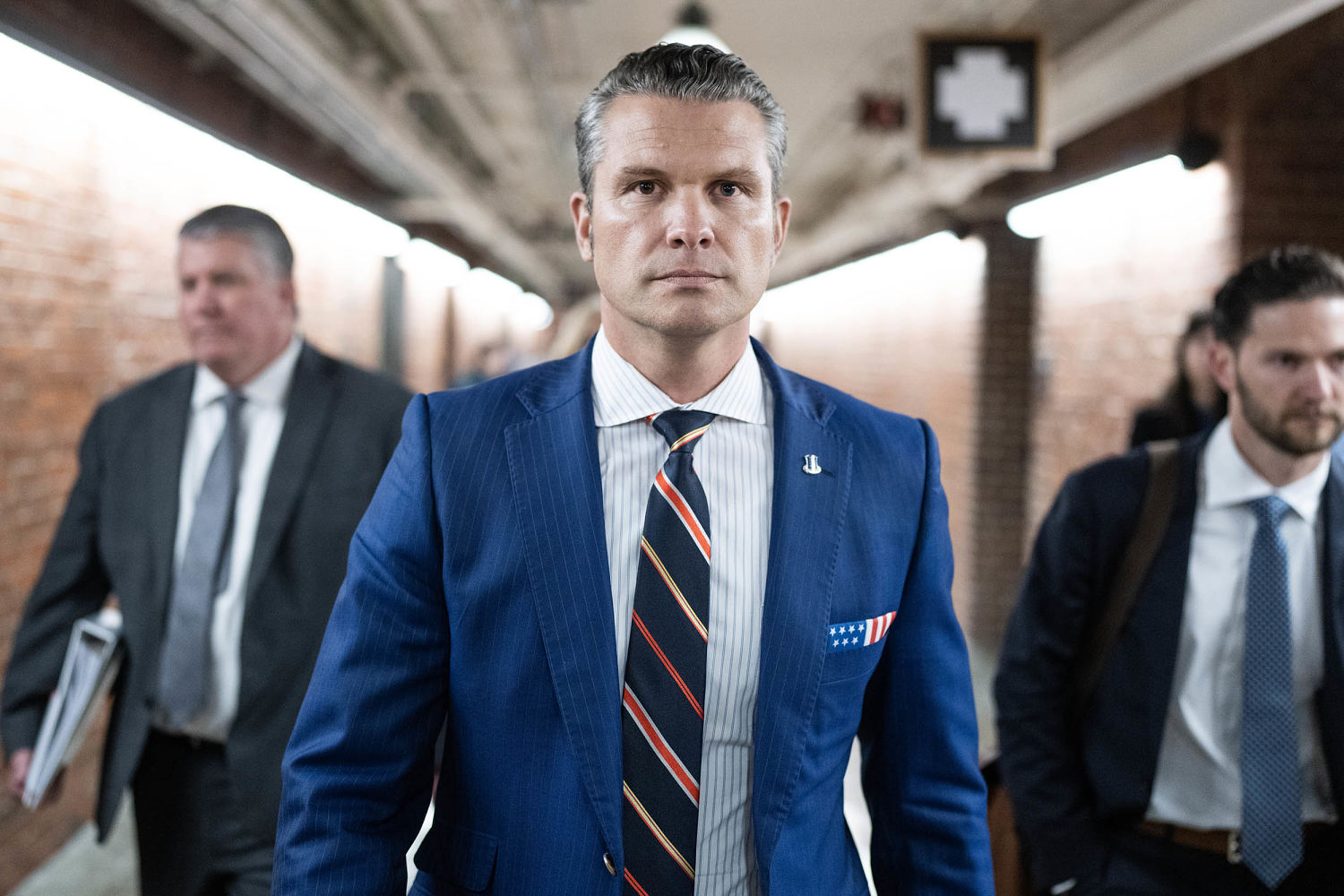Opinions expressed by Entrepreneur contributors are their own.
Words have tremendous power. The way we speak to ourselves matters greatly. We all have inner dialogues: We frequently ask ourselves questions and respond to them. How we answer our questions largely determines how happy and successful we are. But I've found that focusing on the questions we ask ourselves (instead of just the answers) is an even better way to influence and predict our happiness and success.
The day I changed the questions I regularly asked myself was the day my life changed. Here are four categories of questions I ask myself now and the kinds of questions they have replaced.
Related: How to Reframe Your Internal Dialogue for Greater Fulfillment in Both Work and Life
1. Growth and learning questions
I was raised to be a perfectionist and to only pursue things that came naturally or easily to me. As such, I used to ask myself questions like, "What's the easiest, fastest way to get this done? How can I emerge victorious?" because I didn't embrace the beauty of challenge and struggle. I didn't enjoy making mistakes because I saw those things as inherently bad and embarrassing signs of inadequacy.
Eventually, I realized that failures were simply learning opportunities that prompted growth and evolution. I learned to grade myself not just on my results, but on my effort or behaviors. As I did, my questions changed. Instead of asking, "What grade did I get?" or "Did I win?" I asked, "What did I learn? How can I improve? Did I give this my very best effort?"
The shift in these questions allowed me to focus on progress instead of perfection and on the journey instead of the destination. Also, because no one accomplishes great things alone, I also learned to ask questions such as: "Who's better than me at this? Who can I learn from? Who can help me with this?" These questions helped me find great resources and support along the way.
2. Service and influence questions
When I was 24, I was given my first leadership position. Grateful for the opportunity and raised as an achiever, I wanted to do well. Then, I used to ask myself, "How can I deliver results? How can I be considered a top performer? How do I position myself for bigger roles? How can I make more money?" There's nothing inherently wrong with wanting to get results or a promotion. However, these aren't the questions the best leaders ask. Promotions and increased compensation are the spoils the best leaders usually gain from having asked much better questions.
As I evolved as a leader, I became less focused on myself and what I was getting and more focused on others and what I was giving. I began asking: "Who did I serve or influence today? Who did I help grow today? Who did I recognize today? Who did I listen to today? Who did I make feel seen and heard today?" The more I asked these questions, the more people told me they loved working with me and the more they began to create breakthrough results. My greatest success always came from helping others be successful.
Related: How to Train Your Inner Voice to Appreciate Solitude and Silence Negative Thinking
3. Self and time-management questions
For decades, I lived life as a people-pleaser. I felt compelled to say yes to everyone and everything. My key goal was to make others happy. At 35, I realized that instead of running my days, my days were running me. I was getting lots of little things done, but I wasn't making progress toward my wildest dreams. In 2015, I penned my first personal vision statement. It was full of big goals, and I decided if I wanted to make them a reality, I couldn't say yes to everyone and everything around me, while I repeatedly said no to myself. I stopped asking myself reactive questions like "Is everyone else okay with me right now? Did I let anyone down today? Who else can I make happy?"
Instead, I asked more strategic questions such as, "What are the two to three most important things I need to get done this week or today? What will you do today to become the person you want to be tomorrow? Where will these things go on my calendar?" Once I identified these things (and gave them a place to live and breathe on my calendar), I'd ask myself, "Are they getting done? If not, what stood in their way? What do you need to change so that doesn't happen again?" As I did this, I gained control over my time (and my life). Thanks to my newfound questions, I was able to manifest and achieve every goal I'd listed on my personal vision statement.
4. Vision and core value questions
Around that time, I also penned my core values. I identified that some of my top values are accountability, compassion, curiosity, humility, integrity and transparency. I hope everyone I interact with sees these values shining through in all that I do. That's why some of the questions I frequently ask myself now include, "If I died today, what would people say about me at my funeral? Would it be the things I wanted? Would they talk about these values?"
Before I had a set of core values by which to grade myself, I'd often grade myself using other people's paradigms. I'd ask questions like, "What do others think of you? Is anyone judging you or talking about you behind your back? What might they be saying?" instead of focusing on what I thought of myself. This created anxiety and left me vulnerable to the opinions of others. I've since realized that we all get to define what success is for ourselves. Because my values are so important to me, I now ask myself questions like: "How (specifically) will I live my values today? How would an accountable person handle this tough situation? What would a curious person do today?" At the end of each day, I ask myself how I did. I've found this is a much better litmus test for assessing how I'm showing up in the world and presenting myself, and it's one that I have a lot more control over.
These four categories (and all the examples within them) aren't an exhaustive list. They're simply some of the most important and are a great start to living a richer, fuller life. If you consistently ask yourself these kinds of questions for even a month, your life will begin to change.
.png)
 2 days ago
5
2 days ago
5


































 Bengali (BD) ·
Bengali (BD) ·  English (US) ·
English (US) ·